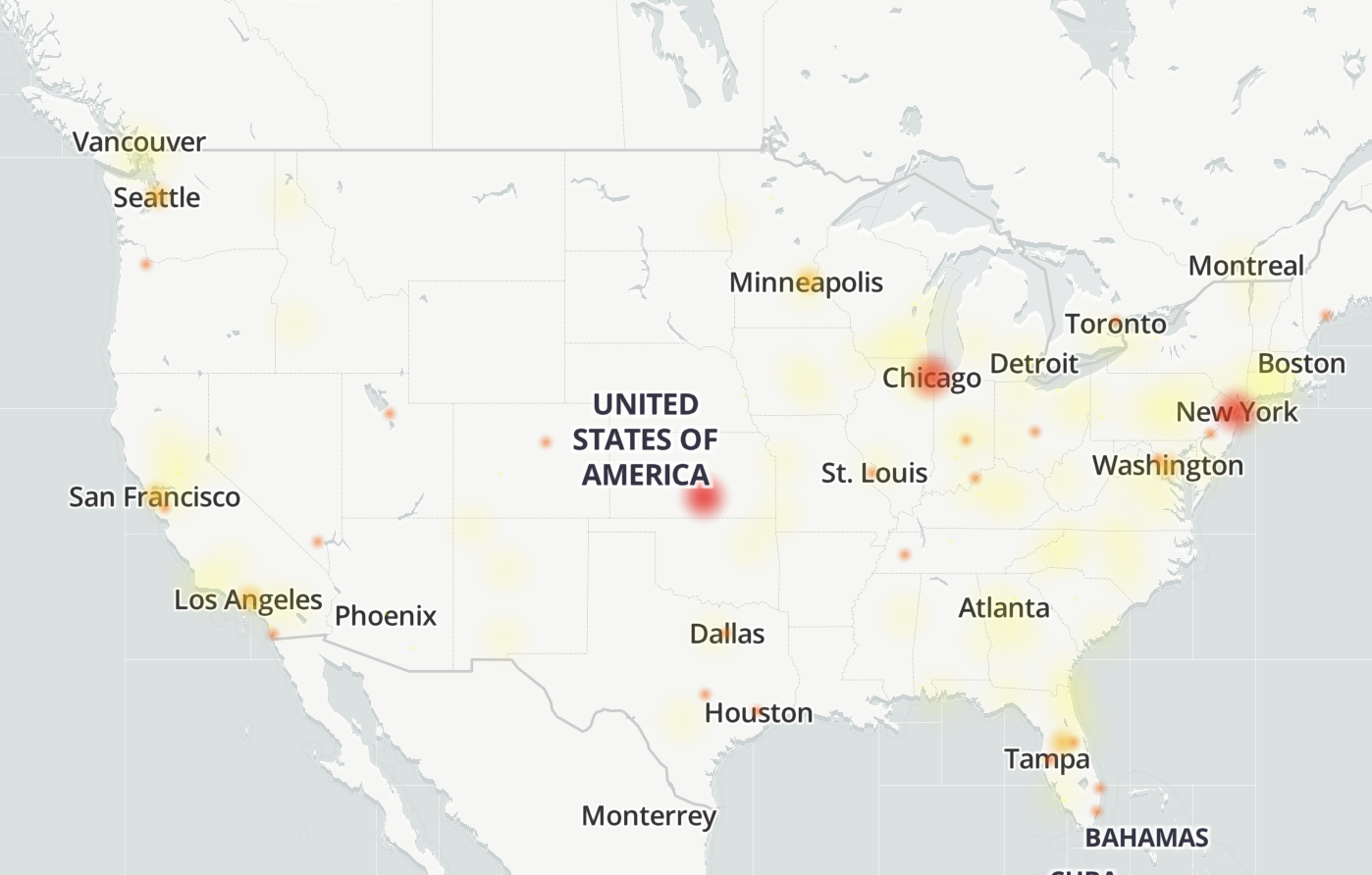Economic Benefits Of Large-Scale Music Festivals: A Case Study

Table of Contents
Revenue Generation and Tourism
Large-scale music festivals are major revenue generators, impacting both direct and indirect economic streams. Their economic impact extends far beyond ticket sales, creating a ripple effect that benefits numerous businesses and the local economy as a whole.
Direct Revenue Streams
The most obvious revenue streams are directly linked to the festival itself:
- Ticket Sales: These form the cornerstone of a festival's revenue. For example, Coachella generates hundreds of millions of dollars annually from ticket sales alone, demonstrating the sheer scale of this revenue stream.
- Merchandise Sales: Festival merchandise, ranging from t-shirts and posters to exclusive items, provides a substantial additional income source. This revenue is often reinvested in future events or donated to charities.
- Food and Beverage Sales: On-site food and beverage vendors contribute significantly to the festival's revenue, offering a diverse range of options for attendees.
- Sponsorship Deals: Major brands often sponsor large-scale music festivals, providing significant financial backing in exchange for branding opportunities. These deals can generate millions of dollars.
- VIP Packages: Higher-priced VIP packages, offering enhanced experiences and amenities, add to the festival’s overall revenue and profit margins.
Indirect Revenue Streams
Beyond the direct revenue, music festivals trigger a cascade of indirect economic activity:
- Increased Spending in Local Businesses: Attendees often spend money in local hotels, restaurants, bars, and shops, boosting the revenue of these businesses significantly. This increased spending extends beyond the festival dates, with many tourists choosing to explore the surrounding area.
- Tourism Boost: Large-scale music festivals attract visitors from far and wide, injecting significant funds into the local economy. Studies have shown that cities hosting major music festivals experience substantial increases in hotel occupancy rates, often exceeding 80% during the event. For example, research on the Austin City Limits Music Festival shows a significant spike in hotel bookings and related tourism spending during the event.
- Increased Tax Revenue: The increased economic activity generated by the festival translates to higher tax revenue for local and regional governments, providing funds for public services and infrastructure improvements.
Job Creation and Employment
The economic benefits of large-scale music festivals extend to job creation, impacting both direct and indirect employment opportunities. These events act as significant employment engines within the host community.
Direct Employment
Festivals themselves create numerous direct employment opportunities:
- Festival Staff: A wide range of roles are required, including security personnel, ticketing staff, medical professionals, artists, technicians, stagehands, and cleaning crews.
- Vendor Staff: Food and beverage vendors, merchandise sellers, and other vendors require numerous employees to operate efficiently during the festival.
- Event Management Team: A dedicated team is required to plan, organize, and execute the event smoothly, overseeing logistics, marketing, and operations.
Indirect Employment
The ripple effect of the festival extends to indirect employment opportunities:
- Increased Demand for Services: The influx of attendees increases the demand for services in hospitality, transportation, and retail, leading to increased hiring in these sectors.
- Supporting Industries: Companies providing transportation services, such as shuttle buses and taxi services, benefit from increased demand during the festival.
- Local Businesses: Local businesses experience increased demand for their services and goods, creating employment opportunities beyond the immediate festival workforce. For instance, restaurants, hotels, and shops often hire additional staff to meet the increased demand during the event. A large-scale music festival can create thousands of jobs, both directly and indirectly, benefiting the entire community.
Community Development and Infrastructure Improvements
Large-scale music festivals often contribute to the overall development and improvement of the hosting community.
Infrastructure Investment
The need to accommodate a large influx of attendees often stimulates improvements in local infrastructure:
- Improved Transportation Networks: Festivals often spur investments in improved road networks, public transportation, and parking facilities.
- Upgrades to Local Facilities: Increased demand for water, sanitation, and other essential services during the festival may lead to upgrades in local infrastructure.
Community Engagement
Many festivals actively engage with the local community:
- Charitable Contributions: Festival organizers often contribute a portion of their profits to local charities and community projects, giving back to the community that hosts them.
- Promotion of Local Businesses: Festivals frequently showcase local businesses and artists, providing a platform to increase their visibility and revenue.
- Community Pride: The positive exposure generated by a successful festival can enhance the community’s reputation and boost local pride. For example, many festivals feature local art installations, promoting local artists and showcasing community talent.
Conclusion
This case study highlights the substantial economic contributions of large-scale music festivals. These events generate significant revenue, create numerous jobs, and stimulate community development, acting as powerful engines for economic growth. The benefits extend far beyond immediate financial gains, fostering tourism, improving infrastructure, and bolstering community spirit. Investing in and supporting large-scale music festivals is an investment in sustainable economic growth. By recognizing the wide-ranging economic benefits of these events, communities can harness their potential to create thriving and vibrant local economies. Let's explore the future of large-scale music festivals and their continued positive economic impact. Consider hosting or supporting a festival in your area to reap the rewards of this powerful economic driver.

Featured Posts
-
 Kanye West And Bianca Censori Back Together After Weeks Apart
May 18, 2025
Kanye West And Bianca Censori Back Together After Weeks Apart
May 18, 2025 -
 Is Reddit Down Thousands Report Problems Worldwide
May 18, 2025
Is Reddit Down Thousands Report Problems Worldwide
May 18, 2025 -
 West Palm Beach Students Hopes For The Catholic Church Under The New Pope
May 18, 2025
West Palm Beach Students Hopes For The Catholic Church Under The New Pope
May 18, 2025 -
 Bowen Yang Defends Ego Nwodims Viral Snl Weekend Update Bit
May 18, 2025
Bowen Yang Defends Ego Nwodims Viral Snl Weekend Update Bit
May 18, 2025 -
 Cannes Before Smartphones Hilarious And Unconventional Images
May 18, 2025
Cannes Before Smartphones Hilarious And Unconventional Images
May 18, 2025
Latest Posts
-
 Best No Kyc Casinos And Top No Id Verification Sites In 2025 A Comprehensive Guide
May 18, 2025
Best No Kyc Casinos And Top No Id Verification Sites In 2025 A Comprehensive Guide
May 18, 2025 -
 Izvestaj Sa Generalke Srbija Testira Formu Pred Evrobasket
May 18, 2025
Izvestaj Sa Generalke Srbija Testira Formu Pred Evrobasket
May 18, 2025 -
 Exploring The Best Stake Casino Replacements For 2025
May 18, 2025
Exploring The Best Stake Casino Replacements For 2025
May 18, 2025 -
 Novak Djokovic In 186 Milyon Dolarlik Serveti Rakamlarin Ardindaki Gercek
May 18, 2025
Novak Djokovic In 186 Milyon Dolarlik Serveti Rakamlarin Ardindaki Gercek
May 18, 2025 -
 Evrobasket Generalka Srbija U Akciji U Minhenu
May 18, 2025
Evrobasket Generalka Srbija U Akciji U Minhenu
May 18, 2025
